Adafruit Silicon MEMS Microphone Breakout - SPW2430
Available with a lead time
Expect dispatch between Mar 03 and Mar 09
Quantity Discounts:
- 10+ $8.46 (exc GST)
- 50+ $8.29 (exc GST)
Listen to this good news - Adafruit now have a breakout board for a super tiny MEMS microphone. Just like 'classic' electret microphones, MEMS mics can detect sound and convert it to voltage, but they don't need a bias resistor or amplifier, its all in one! The SPW2430 is a small, low cost MEMS mic with a range of 100Hz - 10KHz, good for just about all general audio recording/detection.
This breakout is best used for projects such as voice changers, audio recording/sampling, and audio-reactive projects that use FFT. To keep the breakout small and simple, Adafruit only added a 3V voltage regulator (the microphone requires 3.3V DC) and filter capacitors. No additional opamp is included, the output peak-to-peak voltage has a 0.67V DC bias and about 100mVpp (peak-to-peak) when talking near the microphone, which is good for attaching to something that expects 'line level' input without clipping. The peak-to-peak can be as high as 1Vpp if there's a very loud sound. If you are If you need a microphone with adjustable gain or auto-gain control, check out Adafruit's mic+amplifier options. If you need a higher peak-to-peak, a rail-to-rail op-amp and some resistors can get you boosted up!
Using it is simple: connect GND to ground, Vin to 3.3-5VDC. For the best performance, use the "quietest" supply available (on an Arduino, this would be the 3.3V supply). The audio waveform will come out of the DC pin. The output will have a DC bias of 0.67V so when its perfectly quiet that's what you'll read, there's a little drift. If the audio equipment you're using requires AC coupled audio, you can grab the signal out of the AC pin, which has a 10uF capacitor in series.
The output pin is not designed to drive speakers or anything but the smallest in-ear headphones - you'll need an audio amplifier (such as Adafruit's 3.7W stereo amp) if you want to connect the amp directly to speakers. If you're connecting to a microcontroller pin, you don't need an amplifier or decoupling capacitor - connect the DC pin directly to the microcontroller ADC pin.
Technical Details
Exact shipping can be calculated on the view cart page (no login required).
Products that weigh more than 0.5 KG may cost more than what's shown (for example, test equipment, machines, >500mL liquids, etc).
We deliver Australia-wide with these options (depends on the final destination - you can get a quote on the view cart page):
- $3+ for Stamped Mail (typically 10+ business days, not tracked, only available on selected small items)
- $7+ for Standard Post (typically 6+ business days, tracked)
- $11+ for Express Post (typically 2+ business days, tracked)
- Pickup - Free! Only available to customers who live in the Newcastle region (must order online and only pickup after we email to notify you the order is ready). Orders placed after 2PM may not be ready until the following business day.
Non-metro addresses in WA, NT, SA & TAS can take 2+ days in addition to the above information.
Some batteries (such as LiPo) can't be shipped by Air. During checkout, Express Post and International Methods will not be an option if you have that type of battery in your shopping cart.
International Orders - the following rates are for New Zealand and will vary for other countries:
- $12+ for Pack and Track (3+ days, tracked)
- $16+ for Express International (2-5 days, tracked)
If you order lots of gear, the postage amount will increase based on the weight of your order.
Our physical address (here's a PDF which includes other key business details):
40 Aruma Place
Cardiff
NSW, 2285
Australia
Take a look at our customer service page if you have other questions such as "do we do purchase orders" (yes!) or "are prices GST inclusive" (yes they are!). We're here to help - get in touch with us to talk shop.
Have a product question? We're here to help!
Videos
View AllGuides
DIY 10W Bluetooth Speaker - No Code Needed – How to use a Bluetooth 4.2 Audio Receiver Board with Onboard Amplifier (MH-M38)
How to Use Speakers and Amplifiers with Your Project
The Maker Revolution
Projects
A Back to the Future Clock
Sound Effects Button
Makers love reviews as much as you do, please follow this link to review the products you have purchased.

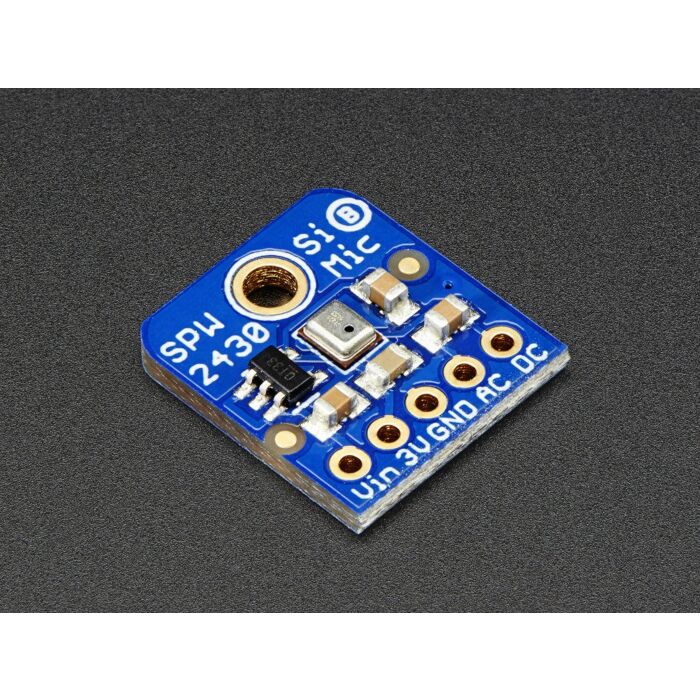

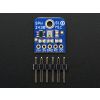
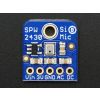




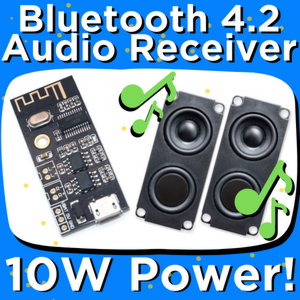
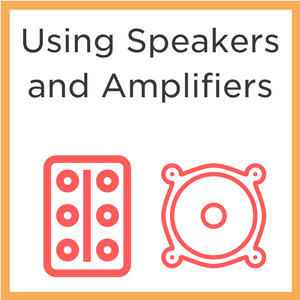

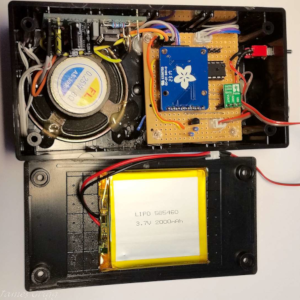
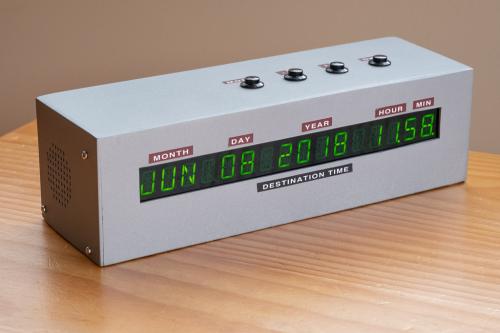
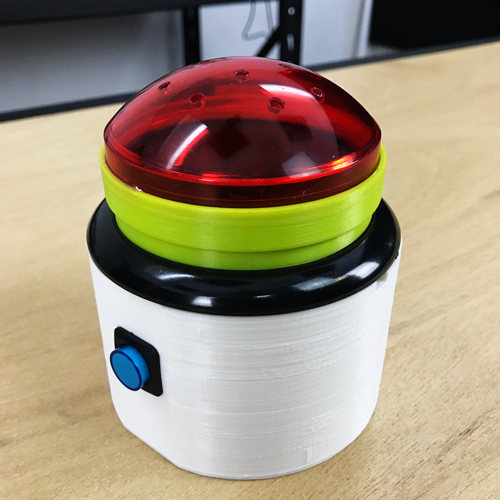

Product Comments